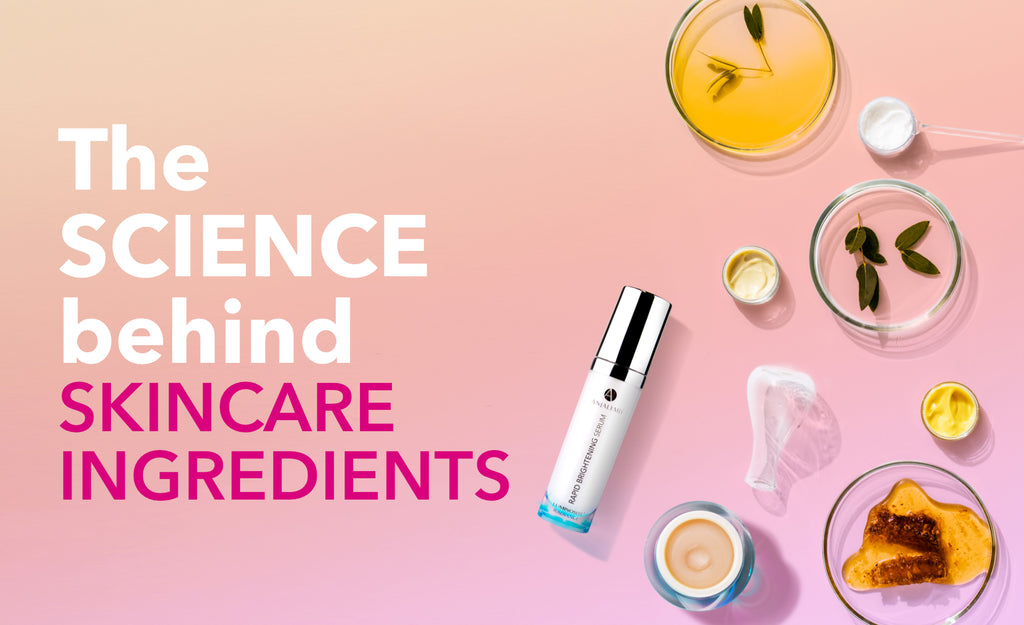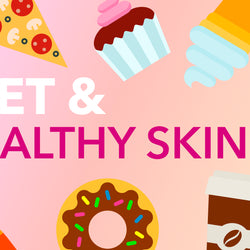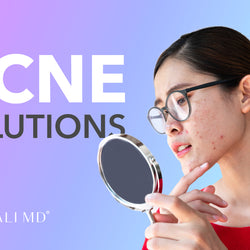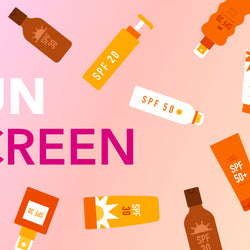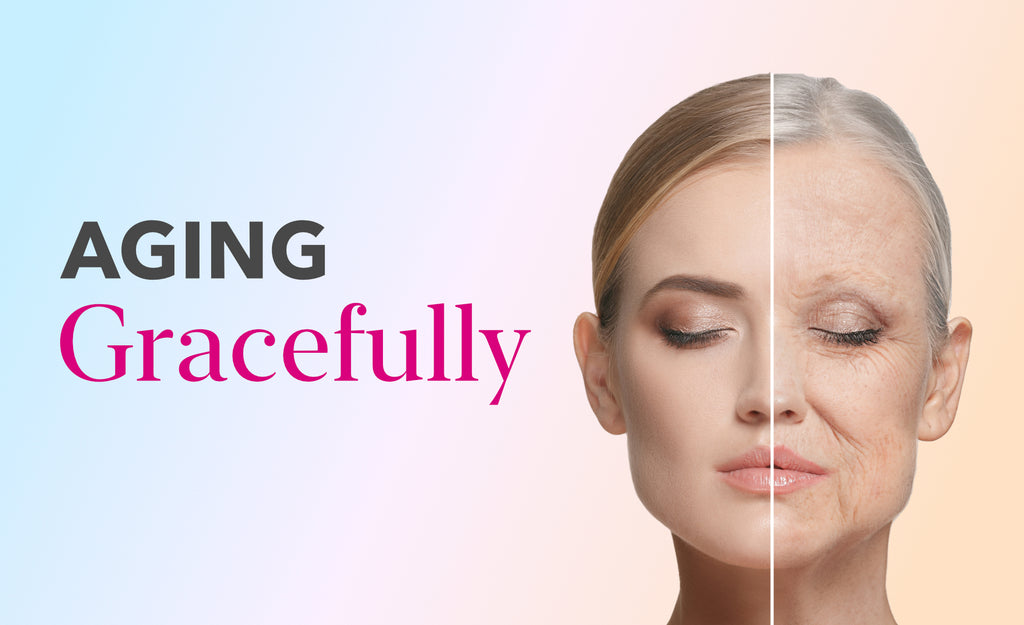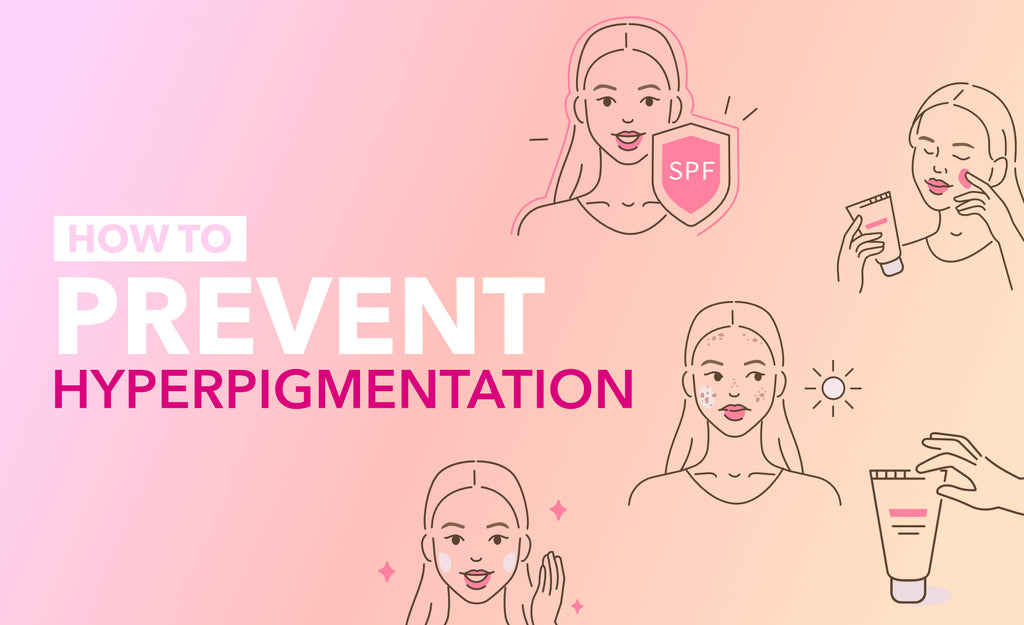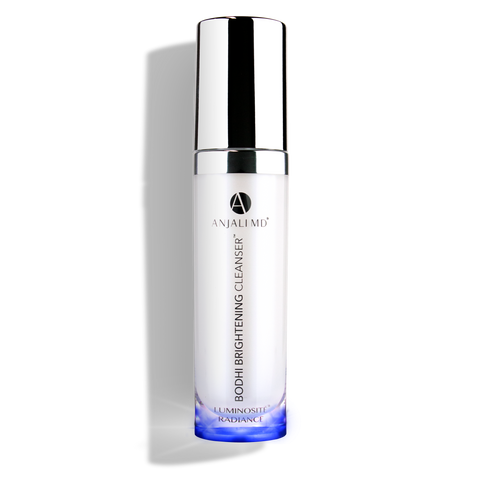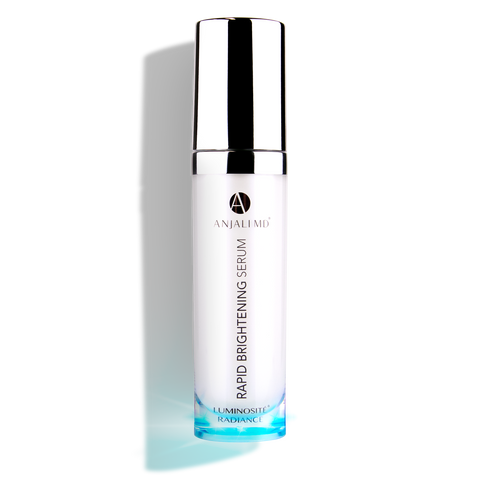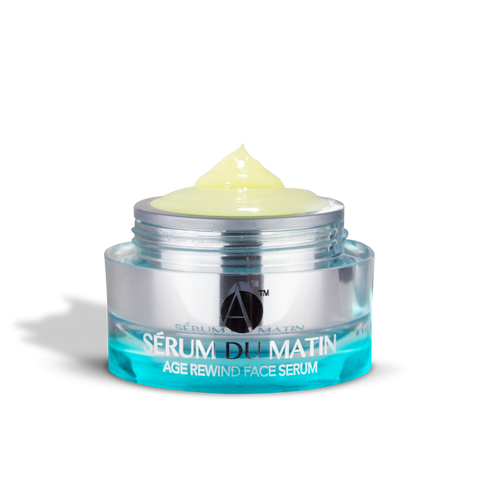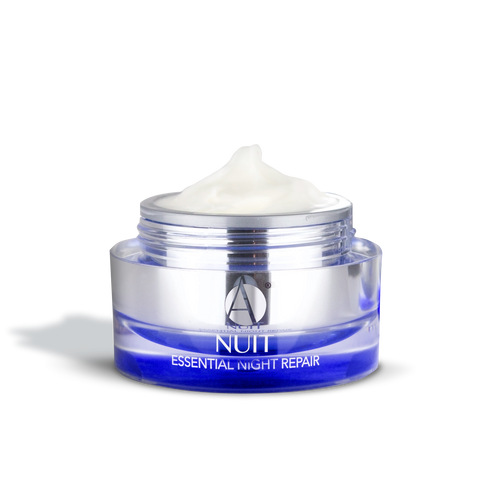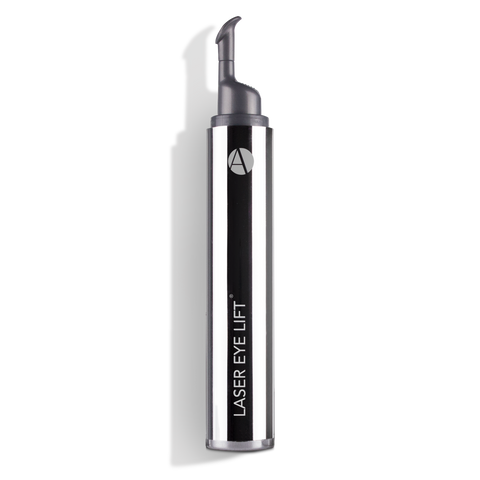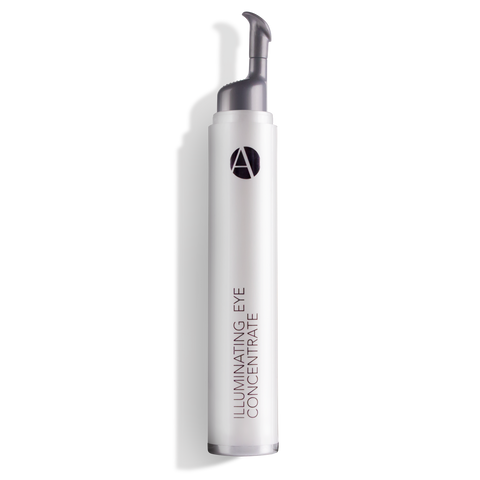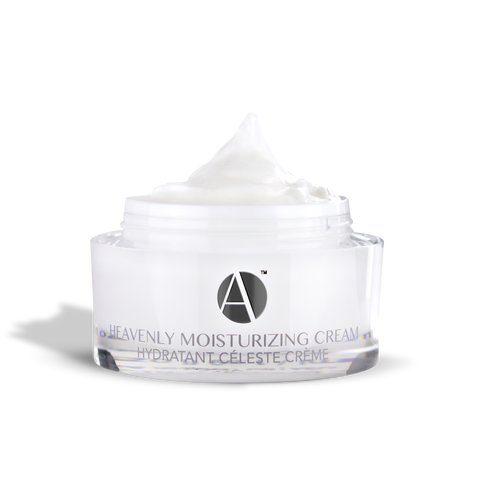Can Diet Affect Hyperpigmentation?
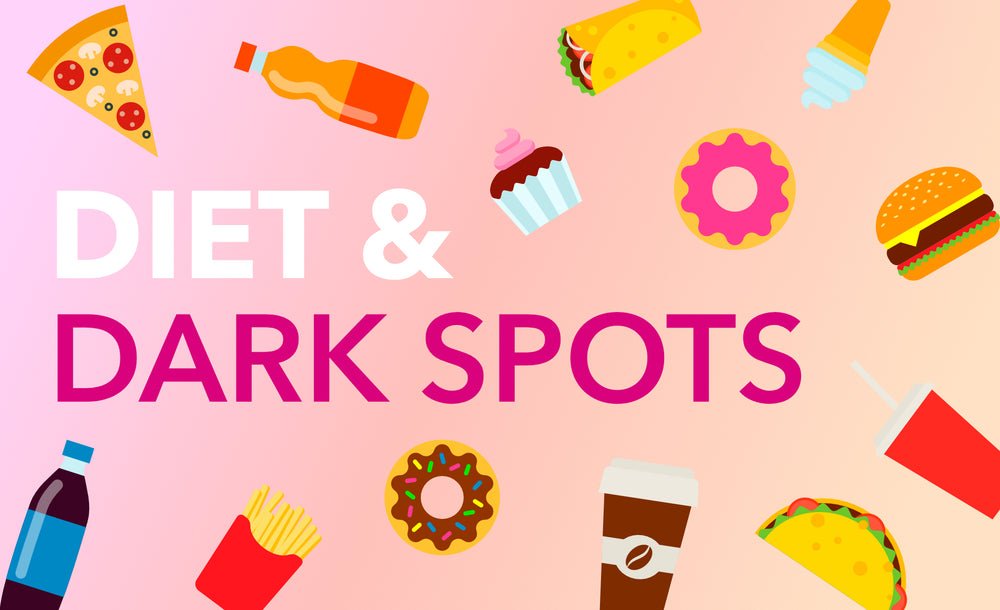
Tips on What to Eat (and Avoid)
Hyperpigmentation is a common skin condition characterized by dark spots or patches on the skin. While there are many skincare products and treatments available to treat hyperpigmentation, your diet can also play a significant role. This is because diet can increase or reduce inflammation of the skin, a leading cause of increased pigment production. Certain foods can make hyperpigmentation worse, while others can help reduce its appearance.
In this blog post, we'll explore the relationship between diet and hyperpigmentation and provide tips on what to eat (and avoid) to improve your skin's appearance.
What is Hyperpigmentation?
Hyperpigmentation refers to dark patches on the skin caused by an increase in melanin production. This can occur due to various reasons, such as sun exposure, hormonal changes and injury to the skin which leads to inflammation. Other common terms for hyperpigmentation include dark spots, age spots, sun spots and melasma. While hyperpigmentation is not harmful, it can be a cosmetic concern for many people and can affect their self-confidence.
The foods you eat play a role in the health of your skin. Eating foods that provide your body with vital nutrients with help your skin. Eating foods that disrupt your natural hormones, foods that cause inflammation or foods that do not provide optimal nutrition will have a negative impact on your skin.
- Foods to Avoid:
Certain foods can worsen hyperpigmentation and lead to more dark spots or patches on the skin. These include:
- Processed and fried foods
- High-sugar foods and beverages
- Alcohol
- Foods high in iodine, such as shellfish and seaweed
- Foods to Eat:
Incorporating certain foods into your diet can help improve your skin's appearance and reduce the appearance of hyperpigmentation. These include:
- Foods rich in Vitamin C, such as citrus fruits, strawberries and bell peppers
- Foods high in antioxidants, such as blueberries, dark leafy greens and dark chocolate
- Foods rich in Vitamin E, such as almonds, avocado and sunflower seeds
- Foods high in omega-3 fatty acids, such as fatty fish, flaxseeds and chia seeds
- Hydration:
Staying hydrated is also essential for maintaining healthy skin and reducing hyperpigmentation. Drinking plenty of water throughout the day will help your body function at its best and keep your skin looking plump and hydrated.
- Supplements:
In addition to incorporating certain foods into your diet, taking supplements can also help improve your skin's appearance. Some supplements that may be beneficial for reducing hyperpigmentation include:
- Vitamin C supplements
- Omega-3 fatty acid supplements
- Turmeric supplements
Conclusion:
While diet alone may not cure hyperpigmentation, incorporating certain foods into your diet and avoiding others can help improve your skin's appearance and reduce the appearance of dark spots and patches. By focusing on a healthy, balanced diet and staying hydrated, you can take steps to combat hyperpigmentation and achieve clearer, healthier-looking skin.








